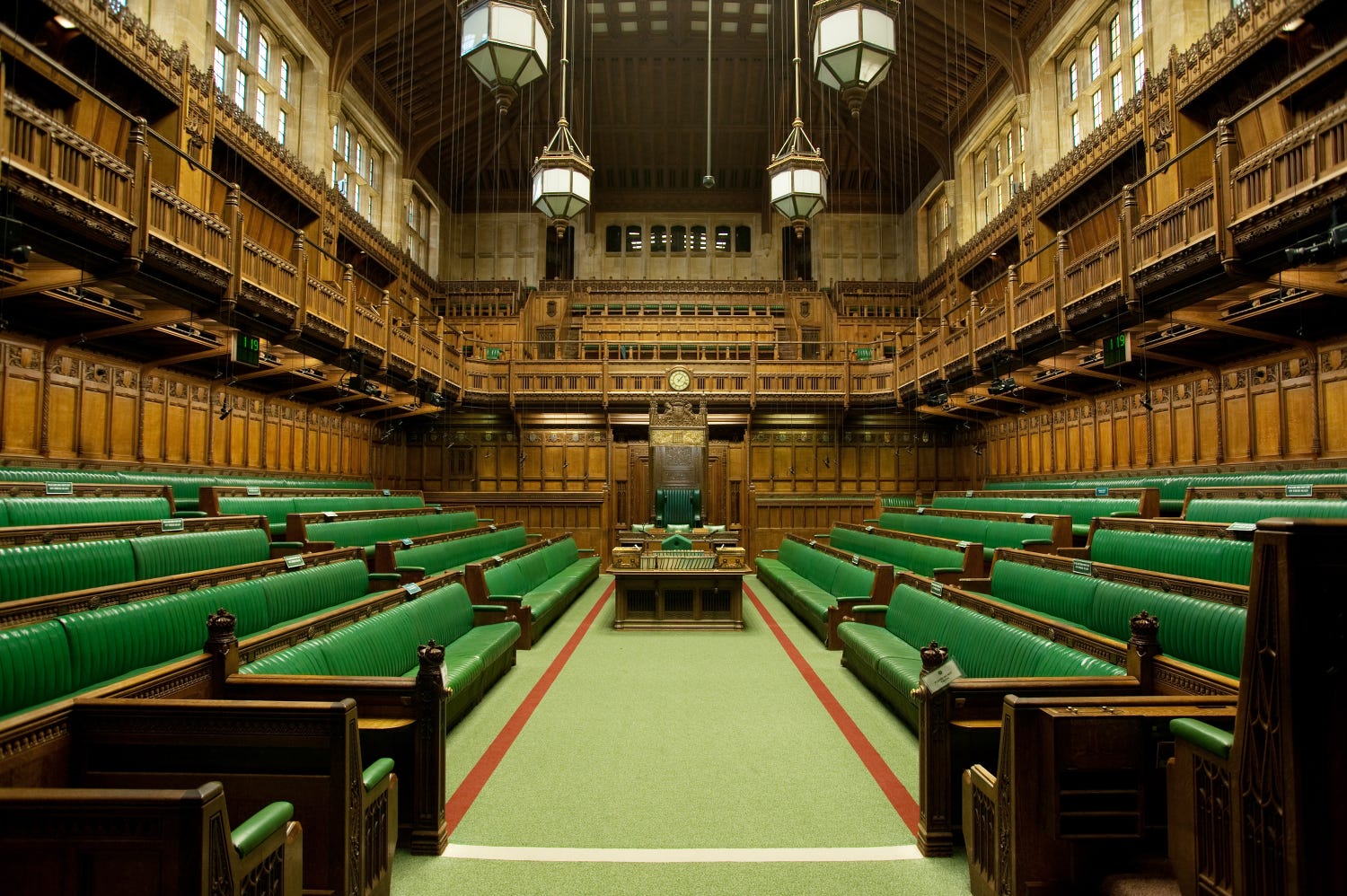The UK legal system relies on a wide range of staff to ensure that legal proceedings run smoothly and efficiently.
 Northern Ireland also has a separate legal system that closely resembles that of England and Wales but includes its own High Court, Crown Court, and Court of Appeal. The Northern Ireland courts deal with both civil and criminal matters, and the top court remains the final court of appeal.
Northern Ireland also has a separate legal system that closely resembles that of England and Wales but includes its own High Court, Crown Court, and Court of Appeal. The Northern Ireland courts deal with both civil and criminal matters, and the top court remains the final court of appeal.
In England and Wales, the legal framework consists of multiple tiers. At the lowest level are the Magistrates’ Courts and County Courts. Magistrates’ Courts deal with summary offences, while County Courts handle non-criminal cases such as family matters.
In the 13th century, the English legal system continued to evolve. The establishment of the Court of Common Pleas, which dealt primarily with civil matters, and the Court of King’s Bench, which handled criminal cases, created a more structured court system. These courts played an essential role in shaping the legal landscape of England, as they set legal precedents and defined the scope of English common law.
Errors in judgment can also result from procedural issues. For example, if a judge misdirects a jury or fails to properly explain the law, it can lead to an unfair verdict. If you have any questions regarding where by and how to use UK law firm lead generation, you can make contact with us at our own site. In such situations, appeals courts may overturn a decision, but the damage to the accused’s life, career, and reputation may already be done.
One of the major developments in the history of UK courts was a direct result of the creation of the King’s Court. As the courts began to operate more regularly, a body of legal precedents began to emerge, which laid the foundation for what would later become the common law system. Common law refers to a body of law based on judicial decisions rather than written statutes, and it formed the backbone of the English legal system. The decisions made by judges were recorded and used as precedents for future cases, providing consistency and predictability in legal outcomes.
Court managers. They ensure that resources are properly allocated, staffing needs are met, and that the court’s facilities are in good working order. Court administrators also liaise with other court personnel, including judges, clerks, and security staff, to ensure that the court runs smoothly and that cases are heard in a timely manner. They also handle budgets and oversee the management of court facilities, ensuring that courtrooms are appropriately equipped and maintained.
One major concern is that legal errors disproportionately affect certain groups. Minority communities, the poor, and those with mental health issues are often more vulnerable to court mistakes. They may have less access to quality legal advice, may be more likely to be misrepresented or misunderstood, and may find it harder to challenge incorrect decisions.
Ultimately, law courts staff in the UK provide an essential service to the judicial system, ensuring that the wheels of justice turn smoothly. Their work behind the scenes is often overlooked, but it is crucial to the efficient and fair administration of justice. Without the dedicated work of these professionals, the court system would struggle to function, and delays and inefficiencies would undermine public confidence in the justice system. By performing their duties with professionalism and dedication, law courts staff in the UK help maintain a fair, transparent, and effective legal system.
Digital transformations in the justice system have brought improvements but also new risks. Errors in digital evidence, lost documentation, or cyber mishaps can have serious consequences. For example, data mix-ups or incorrect record entries can affect sentencing or bail conditions.
At the base level of the court system is the District Court. It deals with less serious crimes, as well as small civil claims, family law matters, and licensing issues. The District Court operates in various local venues throughout the country and is usually presided over by a single judge. Its decisions can be appealed to the Circuit Court.
In the constitutional and administrative law arena, court decisions have also been profoundly significant. The UK does not have a single written constitution, so the courts play a vital role in defining constitutional principles. For instance, in R (Miller) v Secretary of State for Exiting the European Union (2017), the Supreme Court ruled that the government could not trigger Article 50 (to begin Brexit) without parliamentary approval. This affirmed the principle of parliamentary sovereignty.
Public trust in the judiciary are central to the Irish legal system. Most court hearings are open to the public and media, although reporting restrictions may apply in sensitive cases. Judgments are increasingly published online, enhancing legal understanding and scrutiny.
 The High Court of Justice deals with major non-criminal cases and is divided into three divisions: the Queen’s (or King’s) Bench Division, the Chancery Division, and the Family Division. Decisions made in the High Court are binding on lower courts and may be appealed to the Court of Appeal.
The High Court of Justice deals with major non-criminal cases and is divided into three divisions: the Queen’s (or King’s) Bench Division, the Chancery Division, and the Family Division. Decisions made in the High Court are binding on lower courts and may be appealed to the Court of Appeal.


